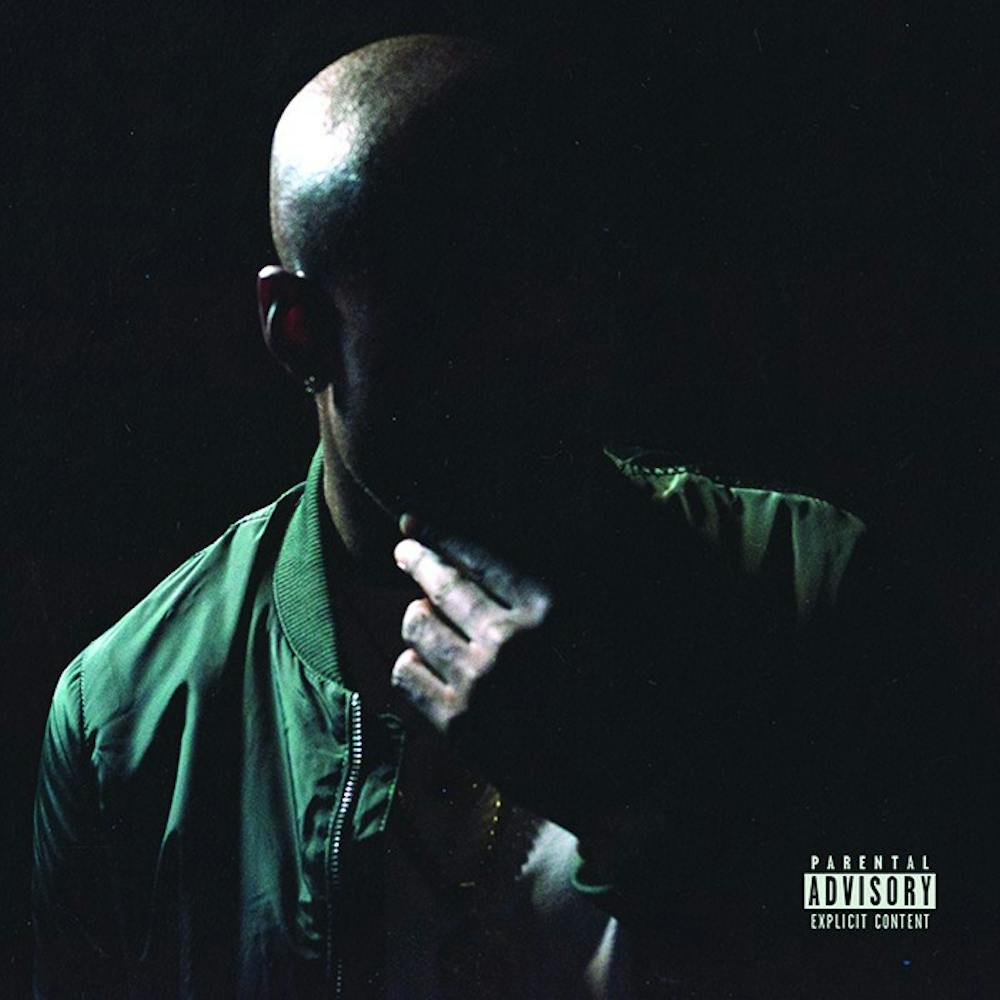Freddie Gibbs had a lot to prove coming off last year’s “Piñata,” his critically-acclaimed sophomore album produced entirely by the legendary Madlib. Without Madlib’s production, would Gibbs’ music be as prodigious? Could Gibbs meet the expectations normally reserved for the follow up to a classic album?
On “Piñata,” Madlib’s handling of the production of each song created musical cohesion. “Shadow Of A Doubt” takes a different approach, with a warchest of different producers handling the album’s beats. “I was really just trying to expand, get out there and take risks musically,” the rapper from Gary, Indiana said in a conversation with HotNewHipHop. And overall, this Gibbs project is just as cohesive as its predecessor.
The first song on the album, “Rearview,” sports a hook that’s a flipped version of the first verse of Tupac’s “All Eyez On Me.” While this could be Gibbs paying homage to one of his musical inspirations and raps about his life before he started caring about his craft; this includes being thrown out on the street, sleeping in cars or ending up in LA county jail without his mother to bail him out.
The second and third tracks, “Narcos” and “Careless,” respectively, feature two of the best hooks on the album — the latter boasting what might be the hook of the year in hip-hop music. And “Careless,” features a more melodic vocal intonation than displayed on previous albums. This song’s flow-switch, which leads seamlessly into the song’s hook, occurs at the same point on each of the two verses, serving as the best example of this album’s attention to detail.
The album’s fourth track delivers what is probably Gibbs’ motto: “Gangsta s**t in my DNA, I just can’t explain that / Even if I die tell my enemies I remain that.” At this point, Gibbs’ unabashed pride and awareness of his place in both hip-hop and in society become clear, highlighted by the fact that he has no issue sharing it with whomever will listen.
The track “McDuck” ends with a sample of an interview Freddie Gibbs had with Snoop Dogg where Snoop says of Gibbs, “You just sound like you not from nowhere.” Gibbs seems liberated by the idea that he is the first from Gary, Indiana, allowing him to carve out his own place in hip-hop lore.
On a side note, all praises are due to Gibbs for his Gucci Mane and E-40 collaboration, created while Gucci Mane serves prison time. E-40 also finds his way on the hook doing typical E-40 things like uttering the line, “she on my shoes like a piece of gum.”
In light of the album’s strengths, it isn’t until 12 songs into the album for Gibbs to truly introspect about the character he was portraying through his songs. On the song “Forever And A Day,” lines like “I done did a lot of bad things just to get change” and “If there’s a heaven will they open up the gates for me?” point to Gibbs’ emotional connection with his foundational upbringing.
Finally, on “Freddie Gordy,” Gibbs utters perhaps his career’s most important line: “slanging and banging, my paper stay getting fatter so do black lives matter when you’re about to kill your enemy?” The line emphasizes the attention for those involved in selling dope or gangbanging and their often violent means to death cannot be drowned out by the rallying cry for equality in an exclusive society
Much like on his last album, Gibbs is able to express the dichotomous relationship between the reality of rap and its image in a sonically appealing package. Gibbs has long been known for his propensity for arrogant song-writing, but he’s now refined and made more cohesive his art.





